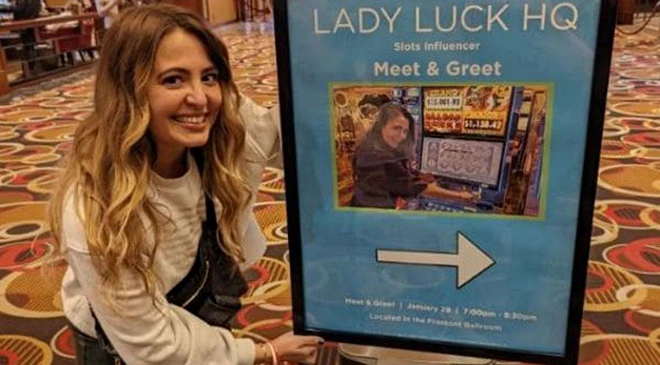 A recent study, funded by the Australian Research Council (ARC), evidenced the pressing demand for stricter regulations about influencer-promoted gambling advertisements. As the study suggests, children, specifically preteens, can be misled into thinking that gambling is something “cool” when they see it being advertised by people they admire.
A recent study, funded by the Australian Research Council (ARC), evidenced the pressing demand for stricter regulations about influencer-promoted gambling advertisements. As the study suggests, children, specifically preteens, can be misled into thinking that gambling is something “cool” when they see it being advertised by people they admire.
Researchers from three Australian universities – Deakin University, the University of Wollongong, and Curtin University, joined forces to study the attitude of minors to gambling. According to the researchers, more rigorous restrictions are necessary to minimize the potential harm of gambling over the next generation.
As The Guardian reported, researchers who led the study, were concerned over the issue of normalising gambling through the use of influencer-led endorsements. By seeing gambling-related advertising content presented by their favourite celebrities, sports stars, and influencers, children associated the practice with something normal, safe, and fun.
The Australian government has been examining options for a total ban on gambling ads, as Casino Guardian reported last month. Initially led by the late Labor MP Peta Murphy, the parliamentary inquiry has also been endorsed by Annette Kimmitt, Chief Executive Officer of the Victorian Gambling and Casino Control Commission. Additionally, many have criticised the use of celebrities for the purposes of gambling advertisements.
The ARC Study Inquires 64 Children from NSW and Victoria
The study has been conducted among 64 children from New South Wales and Victoria. Many shared that gambling seemed intriguing to them when presented by their favourite social media stars. They felt inclined to participate in gambling, as they associated the activity with someone they were fond of.
On the other hand, according to a 15-year-old boy, many children are misled into thinking that they can mimic their favourite stars’ lifestyle by doing what they are promoting, or, in this case, gambling. Others realised that real gambling had nothing to do with the advertising content and that it was “tricking you into wanting to do it”.
 Samantha Thomas, Professor of Public Health at Deakin University and one of the authors who led the study, called for the attention of the federal government on this important matter. She has insisted that politicians must recognise the gravity of the problem and listen to what children have to say.
Samantha Thomas, Professor of Public Health at Deakin University and one of the authors who led the study, called for the attention of the federal government on this important matter. She has insisted that politicians must recognise the gravity of the problem and listen to what children have to say.
She further spoke about the alarming disbelief of the young generation in the government’s capacity to intervene: “It was disheartening to hear young people say they were sceptical about government action because of the gambling industry’s political influence”.
An avid supporter of a comprehensive ban on gambling advertisements and marketing, she has previously prompted the government to consider gambling a public health issue.
In other regulatory contexts, such as the United Kingdom, as of 2022, footballers and celebrities are banned from appearing in gambling-related ads, as per changes introduced by the Committee of Advertising Practice (CAP).
- Author


